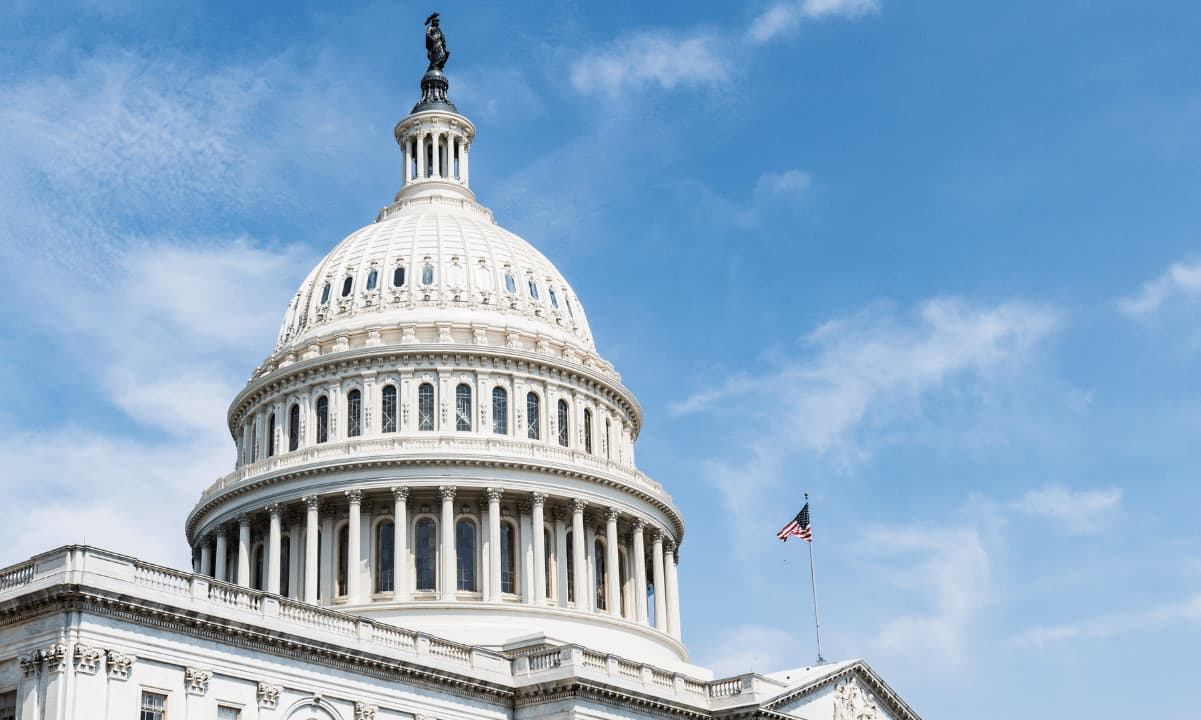
Gary Gensler – chairman of the Securities and Exchange Commission (SEC) – recently revealed the US government’s completed stablecoin report. It outlines risks associated with such tokens and provides “prudential” recommendations to congress on how to address them.
Stablecoins: benefits and risks
The POTUS Financial Markets Task Force (PWS) produced the report in conjunction with the Federal Deposit Insurance Corporation (FDIC) and the Office of the Comptroller of the Currency (OCC). It begins by describing some of the potential benefits stablecoins provide, including the use of “faster, more efficient, more inclusive payment options.”
However, it follows by detailing a number of risks that stablecoins can pose to financial markets. These include their use for trading in more speculative cryptocurrencies or loss of confidence in their sufficient value backing. Tether commonly receives such criticisms.
Their use in illicit financial transactions and money laundering is also a cause for concern. To combat this risk, the report encourages international collaboration:
“A critical factor in mitigating the risks of illicit funding, regardless of the design characteristics of a stablecoin, is that international standards for the regulation and supervision of service providers associated with stablecoins and other digital assets are actually implemented around the world. “
The report claims that stablecoins have the potential to scale rapidly in illegal payment networks due to their increased liquidity. Federal Reserve Chairman Jerome Powell has similarly advised in the past, calling Bitcoin a “failing currency” due to its volatility.
Regulatory Solutions for Stablecoins
To protect against some of these concerns, the report suggests legislation that requires their issuers to be “insured by depository institutions.” He also advises that providers of custodial crypto wallets be subject to federal oversight. Finally, to address issues about “concentration of power,” the paper calls for restrictions of stablecoin issuer’s connections with commercial entities.
The final concern is one that Tether has come under heavy criticism for, regarding its affiliation with Bitfinex. Both companies faced a $40+ million fine last month for lies relating to Tether’s stablecoin, and Bitfinex’s involvement.
The report concludes by highlighting the urgency with which stablecoins need to be regulated:
“Failure to act risks growth of payment stablecoins without adequate protection for users, the financial system, and the broader economy,” it reads.


















